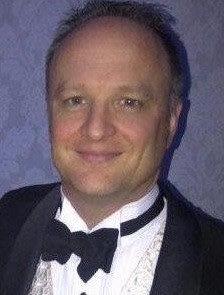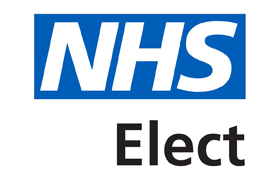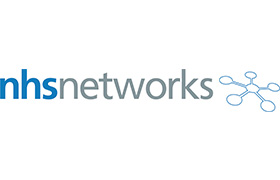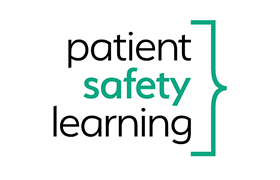This National Conference focuses on improving the investigation and learning from deaths in NHS Trusts. The conference also updates delegates on the New National Patient Safety Incident Response Framework which was published on 16th August 2022 and the implications for serious incident investigation and learning from deaths.
Chair Welcome & Introduction: EXTENDED SESSION: Learning from deaths
 Jason Shannon
Jason Shannon
Lead Medical Examiner
Wales
Consultant Pathologist
• learning from deaths
• ensuring learning from the mortality review process, incidents and investigations leads to sustainable improvements in quality or safety
• reflecting on the learning from Covid-19
• developing the role of the Medical Examiner
• extending medical examiner scrutiny to all non-coronial deaths wherever they occur
• our experience
There is a need to ensure medical examiners are competent to do what they need to do, have clarity on their role understandinf of the boundary between the wider roles.
Why does independence matter? "It is of considerable importance that independent medical examiners are independent of the organisation whose patients’ deaths are being scrutinised."
There are key principles for the service in Wales, whilst there are others we could share, these are likely the most important:
- maximising independence
- consistency to assist those responsible for further investigation
- competency: ongoing internal CPD, avoidance of isolated practice
- sustainable
- adherence to Good Practice Guidance from the National Medical Examiner: we want a service the public can trust, hence adherence to the Good Practice Guidance is very important
How do you we know that our ME and MEO staff are confident and competent?
Working with and involving families when a death occurs
 Julian Hendy
Julian Hendy
Founder
Hundred Families
Co Founder & Member
Making Families Count
• learning from the lived experience
• how can we put families at the heart of the process?
• how excellent family engagement can produce better results for family and Trust during serious incident investigations
• involvement in reviews and investigations: what does excellence look like?
• implementing national guidance in practice
• developing the role of the Family Liaison Officer; what type of cases should be referred to the FLO and when the FLO can’t assist
EXTENDED SESSION: Working with the Coroner Death notifications, coronial investigation, inquest & preventing future deaths
 Professor Andrew Harris
Professor Andrew Harris
Senior Coroner
London Inner South, London Inner South
• notification of deaths to Coroner, MCDs and Working with the medical examiner
• the coroner’s investigation
• what is an unnatural death and opening an inquest
• interested Persons and the Inquest
• learning from deaths: Preventing Future Death Reports
Supporting Organisations






